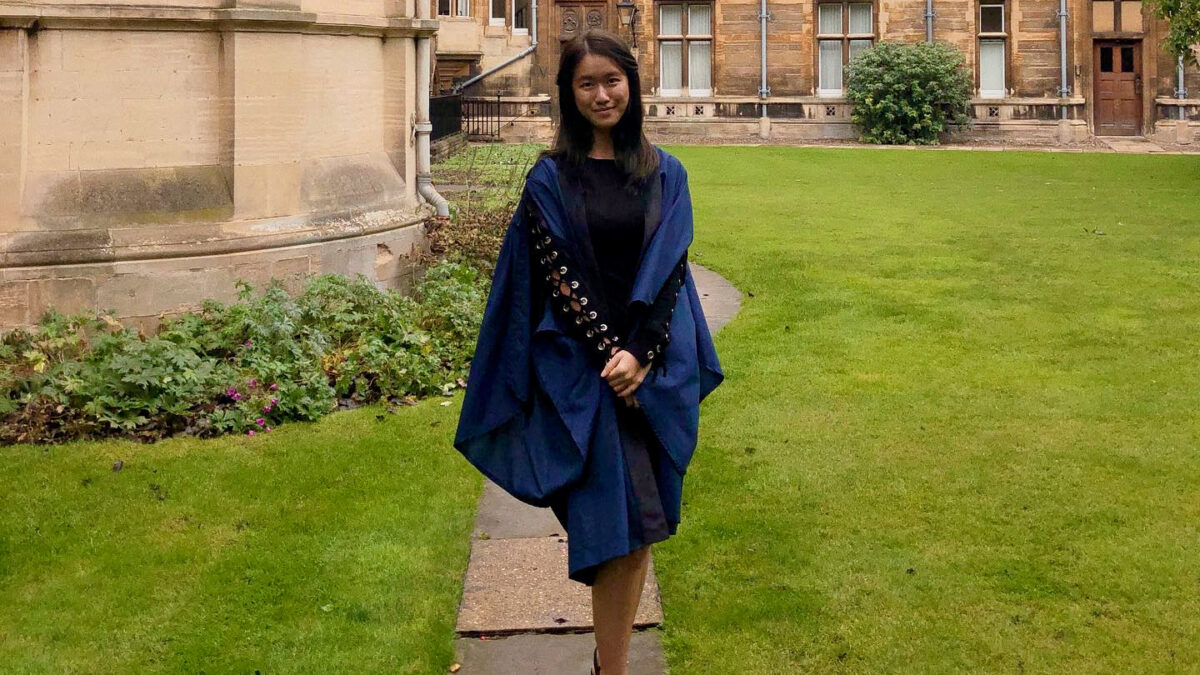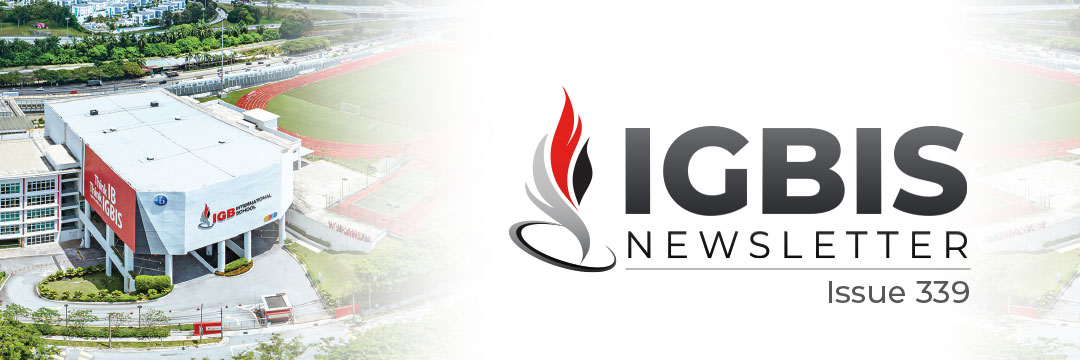
IGBIS Newsletter, Issue 339.
May 19, 2023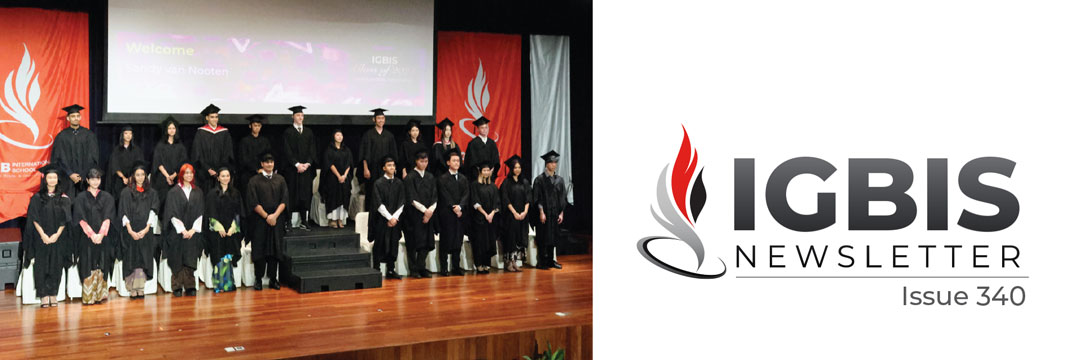
IGBIS Newsletter, Issue 340.
May 26, 2023Our alumna, class of 2020, Clarissa Teh, who scored full points of 45 in her International Baccalaureate Diploma Programme, a pre-university programme offered by IGB International School, is now making waves in her academic pursuits as she advances towards her Master’s in Engineering specialising in Manufacturing Engineering at the prestigious University of Cambridge. The International Baccalaureate Diploma Programme (IBDP) played a significant role in shaping her success and equipping her with the necessary skills for thriving in a competitive academic environment.
IGBIS was pleased to reach out to Clarissa Teh with some questions hoping to motivate our students and community at large to dream and act beyond conventional limitations, unlocking their full potential and igniting a passion for lifelong learning and personal development.
How has International Baccalaureate Diploma Programme (IBDP) in IGBIS helped you to be accepted into Cambridge University?
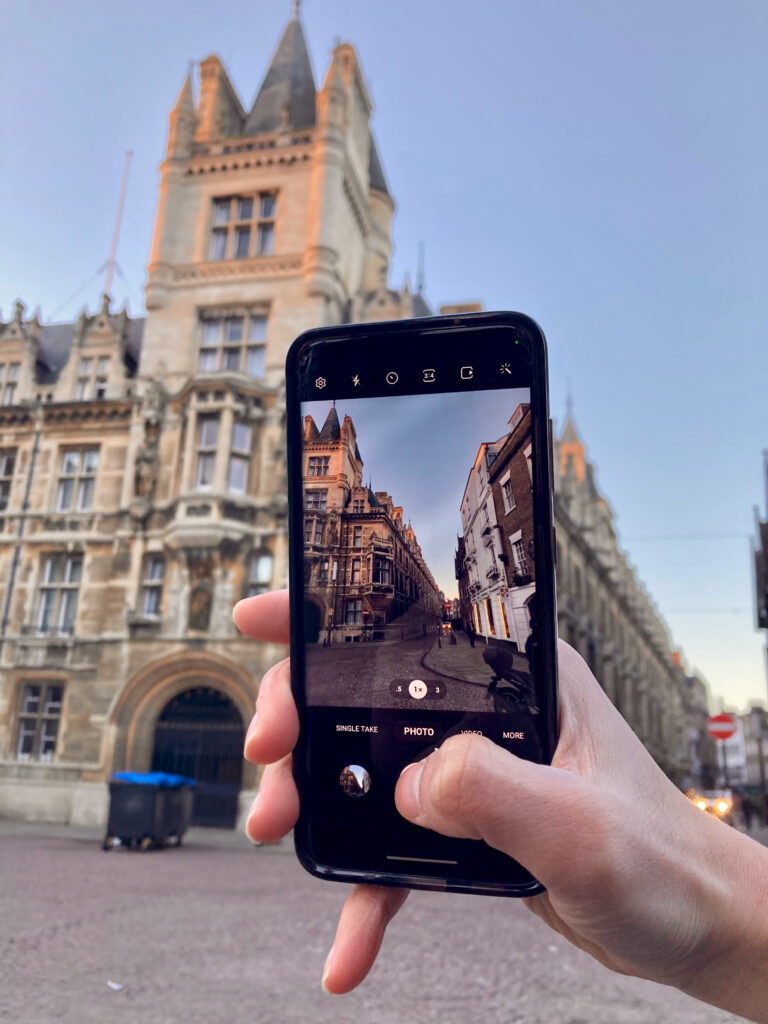

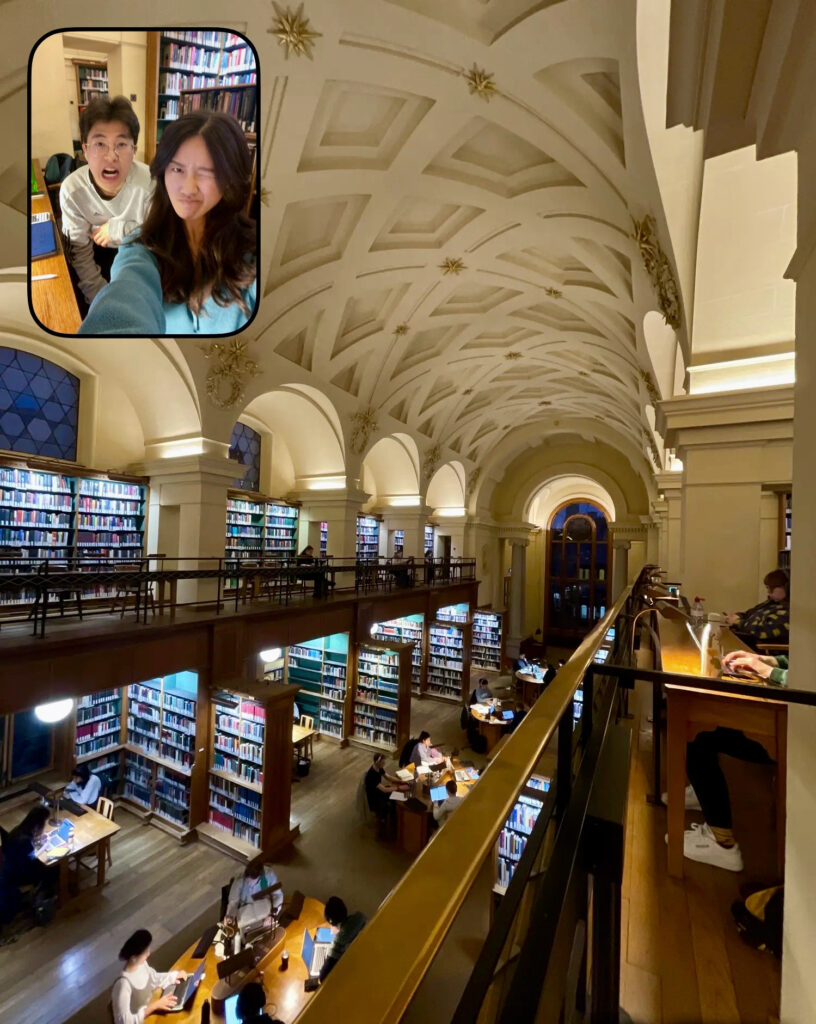
According to the research by the UK Higher Education Statistics Agency (HESA) published in 2016, it was found that IB students have a 57% greater likelihood of attending one of the top 20 UK universities than students who study A-Levels. IB students also have a larger probability of achieving both a first and second-class degree compared to their A-Level peers with, 23% of IB students achieving a first-class degree compared to 19% of A-Level students. Besides, according to a study in 2013, 72% of students taking the DP in China attend one of the world’s top 500 universities.
“Firstly, the teachers at IGBIS supported me throughout my application process through mock interview sessions, feedback for my personal statement and consultation sessions with the counsellor. Secondly, IGBIS provided me with various academic and extra-curricular opportunities that broadened my experiences and helped me when writing my personal statements, such as representing IGBIS in various sports teams, being part of the Student Council Executive Committee and the 24 Hour Race Committee, and participating in competitions such as the Fermat Math Contest and an Oxbridge Engineering Competition held in KTJ. These experiences were part of my *CAS (Creativity, Activity, Service) requirements that the IBDP emphasises but A-Levels does not.”
*The CAS (Creativity, Activity, Service) is an integral part of the DP, where students engage in diverse activities alongside academics. It fosters personal growth through experiential learning, encompassing creativity, physical exertion, and voluntary service. CAS projects showcase initiative, perseverance, and vital skills. Overall, CAS provides a holistic educational experience within the DP, balancing academic pressures with personal development.
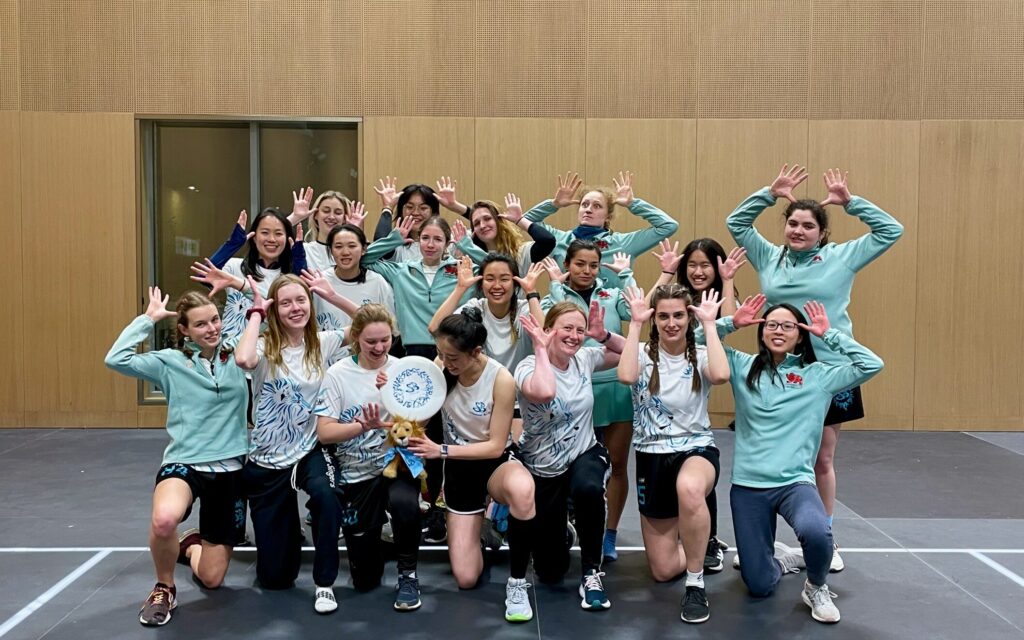
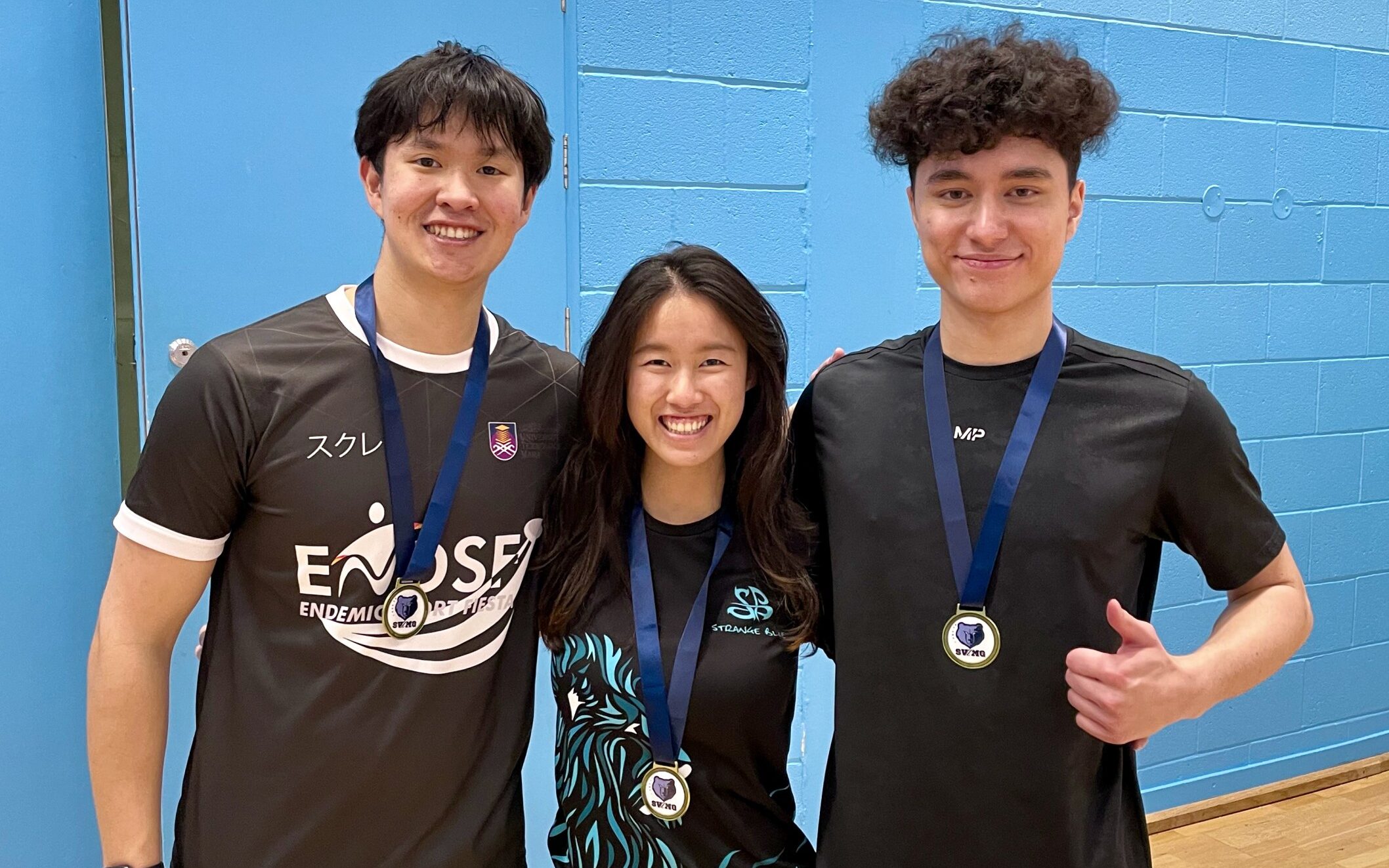
“Thirdly, a significant advantage that IBDP has over A-Levels is the opportunity for hands-on application and exploration, something that was especially important in growing my interest in engineering. For example, each IBDP student has to do a 4,000-word Extended Essay or research project on a subject of their choice. I did mine in applied Physics where I was inspired by my Muay Thai (Thai Kick-boxing) training and built a robot that could simulate a roundhouse kick in order to measure the effect of attack angles on the force of the kick. This was a major point of discussion in my personal statement and Cambridge interview, and I believe is part of what helped me get accepted.”
In addition to that, Clarissa firmly believes that the IBDP in IGBIS equipped her with the essential skills necessary to thrive in the competitive academic environment at Cambridge. The 5 *Approaches to Learning (ATL) skills in IB Education have been instrumental in her university journey.
*Approaches to Learning (ATL) in IB education are a set of skills and strategies designed to equip students with the ability to learn effectively and become lifelong learners. These skills, which apply across different subjects, serve as a foundation for students to develop thinking, research, communication, self-management, and social skills. By incorporating ATL into the curriculum, it aims to provide students with a comprehensive educational experience that prepares them for academic success and personal growth in an ever-changing world.
How has IBDP in IGBIS prepared and equipped you with the necessary skills (IB 5 ATL Skills) to study in a competitive environment in Cambridge?
“I believe the IBDP will equip students to not only study in a competitive environment but also make the most out of their university experience. Looking at the IB’s 5 ATL skills:”
Thinking Skills
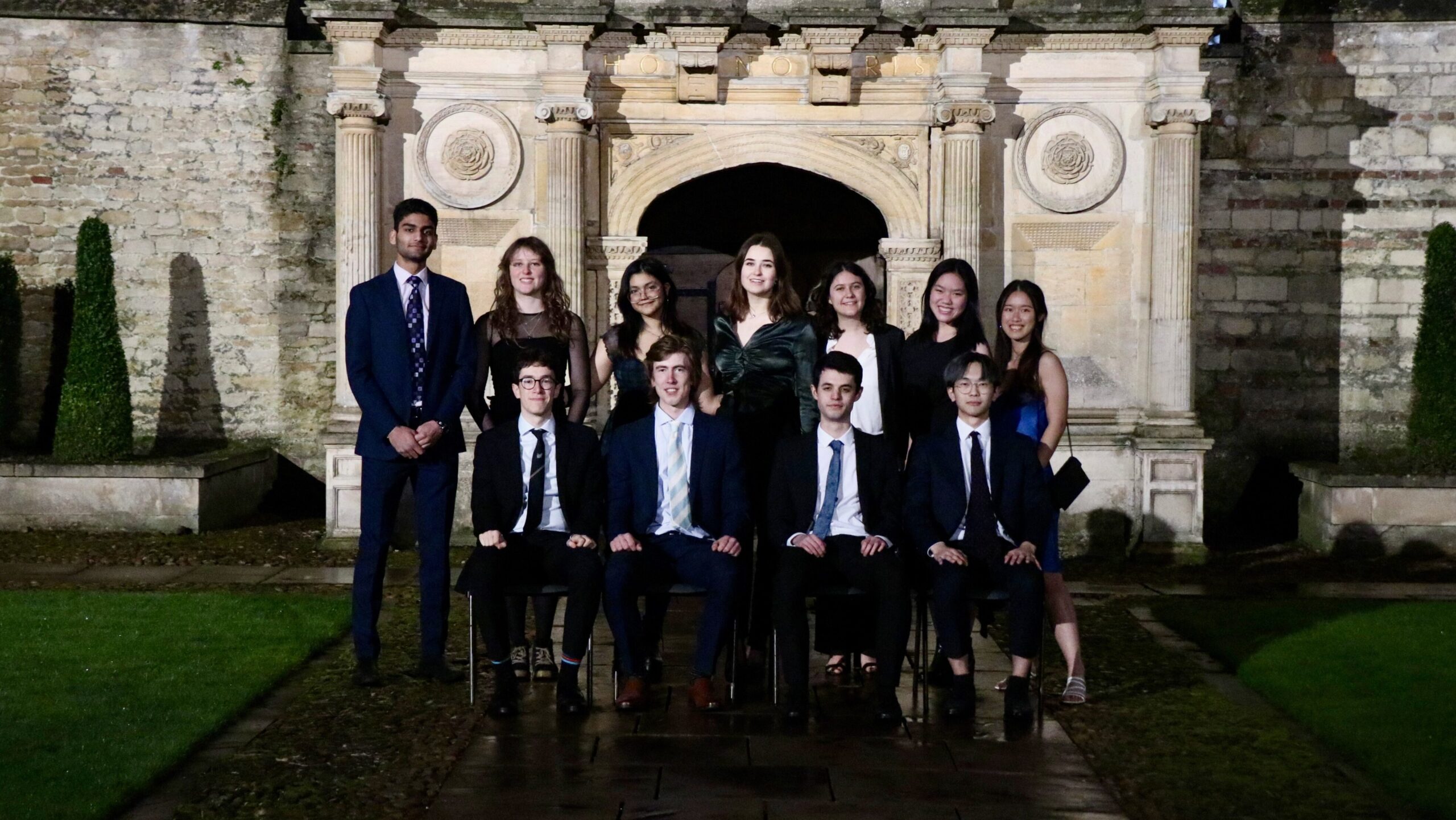
“The Engineering course in Cambridge is incredibly rigorous and demanding, especially during supervision, which is teaching sessions between 1 professor and 2-3 students, where I am often put on the spot and challenged. The IBDP’s transferable critical and creative thinking skills developed through exposure to a breadth of 6 subjects, *TOK (Theory of Knowledge) and CAS (Creativity, Activity, Service), have helped me to think quickly on my feet and react well to difficult problems.”
*TOK (The Theory of Knowledge) is an integral part of DP, requiring all students to engage in reflective thinking about the nature and acquisition of knowledge. TOK fosters critical reflection on diverse ways of knowing and various areas of knowledge while promoting an understanding of personal biases and cultural influences. By encouraging students to recognize their role as thinkers and act responsibly in an interconnected world, TOK offers coherence across academic subjects and enhances the application of knowledge with awareness and credibility.
Research Skills
“To do well in University, students should be able to quickly take in content during their short but dense 1-hour lectures and have the initiative to do further research to supplement their course content. I have been able to practice these information and media literacy skills in the DP through the many research assignments and essays given to us.”
Communication Skills
“An engineering degree involves a lot of group project work and presentations which the DP has prepared me for through TOK (Theory of Knowledge) presentations, group lab work and discussion-based teaching in class. Additionally, being away from one’s family and alone in a foreign country for the first time can also be difficult for many students to adapt to. The DP has taught me to not be afraid to communicate whenever I need help and support.”
Self-Management Skills
“The biggest difference between university life and secondary school is that there are no teachers or parents there to keep students accountable for their work. Self-management has been extremely important in helping me do well in university, having to manage my lectures, lab work, projects, exam preparation, extra-curricular activities and social life. The DP has helped me develop useful self-management habits such as planning out my tasks on Google Calendar, balancing various responsibilities and reflecting on past experiences to make the most out of future ones.”
Social Skills
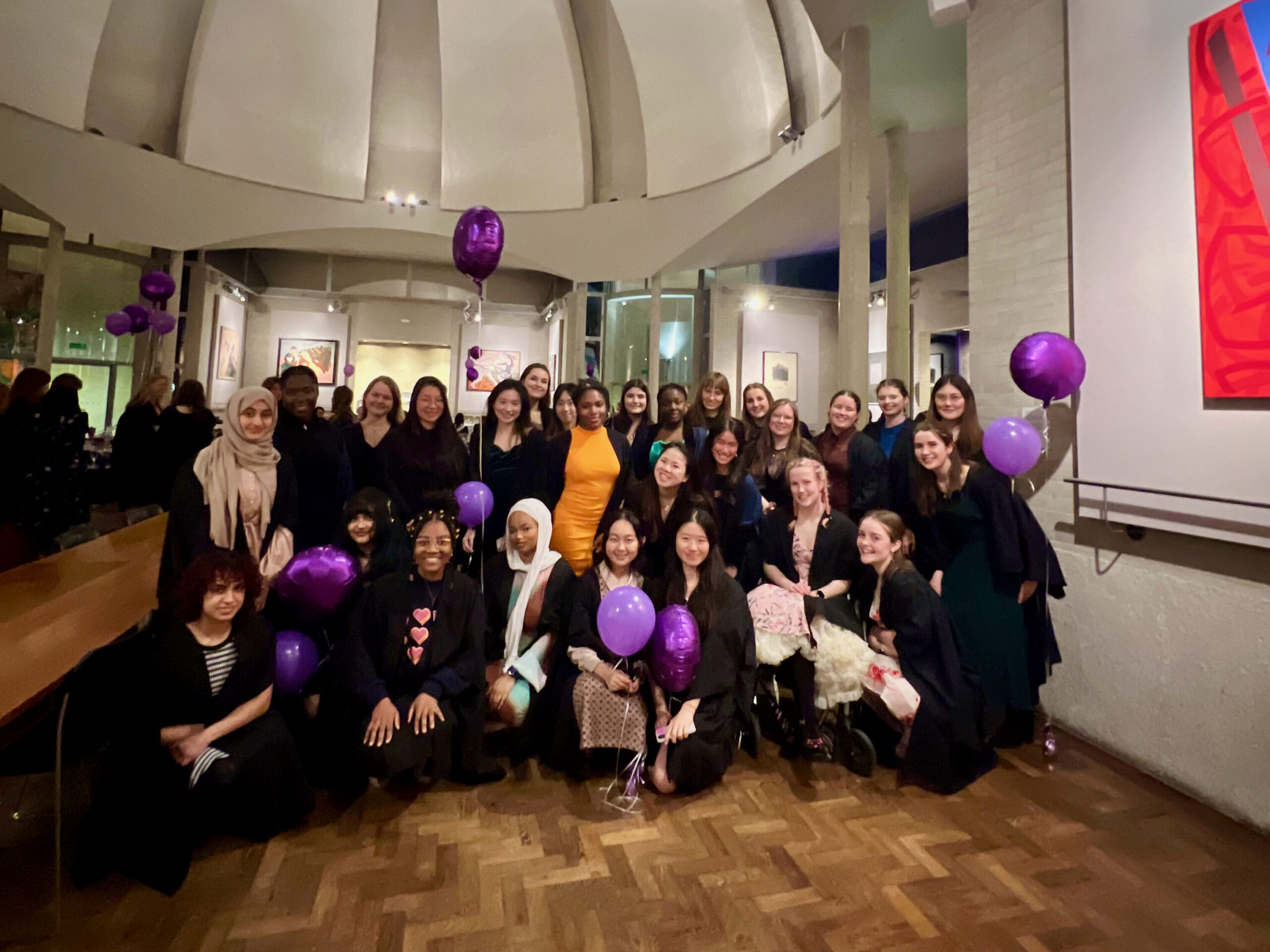
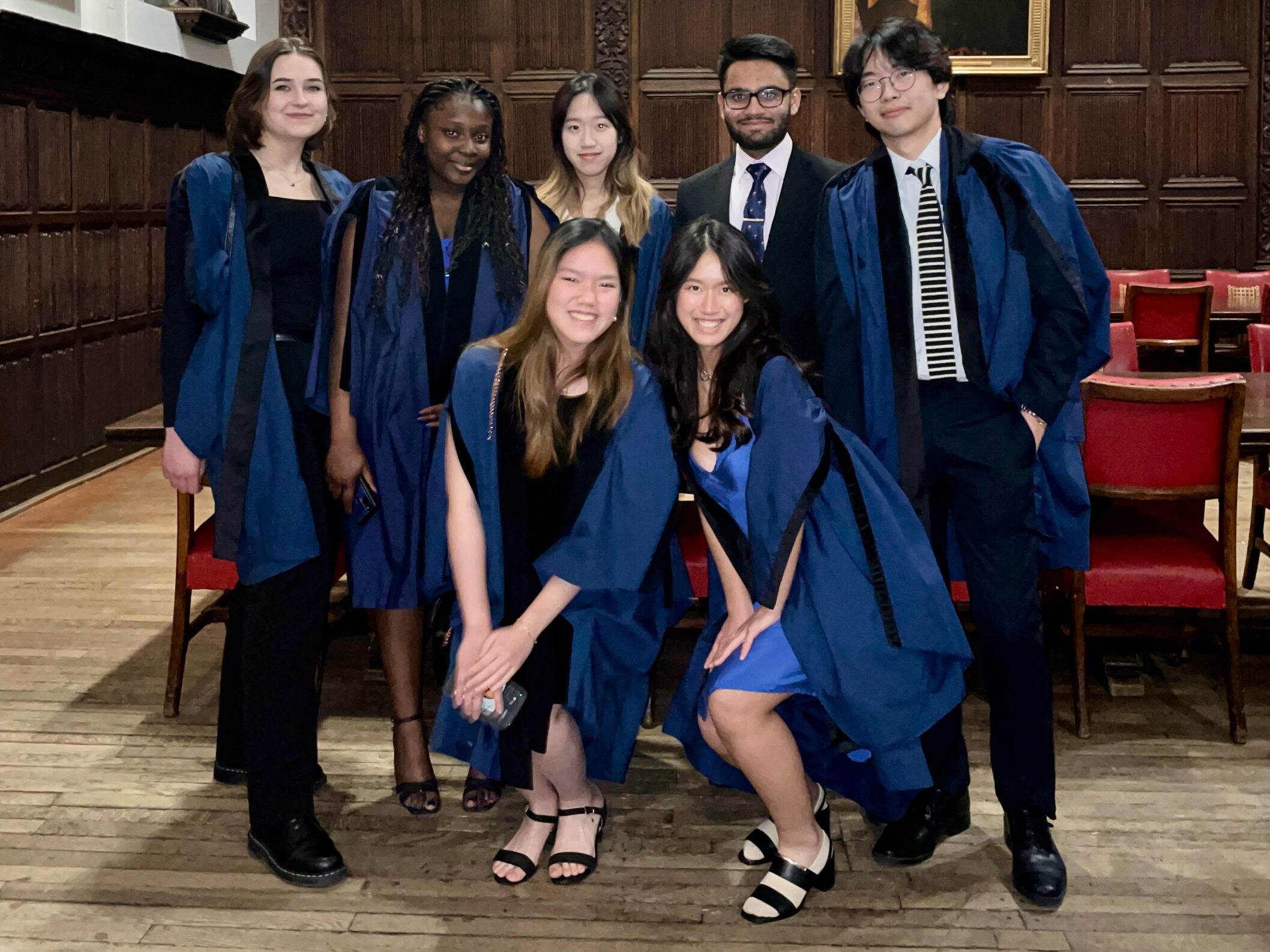
“The various CAS (Creativity, Activity, Service) requirements of the IBDP have built up my interpersonal and collaborative skills, and the initiative to seek out extra-curricular opportunities. In my time here, I have represented my university at national Ultimate Frisbee tournaments (I first learnt the sport at IGBIS), been the Vice President of the Women in Engineering Society and helped the Malaysian Society with Cambridge outreach events across Malaysia. Above all, the main takeaways I value most from these experiences are the interpersonal relationships and lifelong friends I have developed.”
Clarissa Teh’s journey from IGBIS to Cambridge University stands as a testament to the transformative power of an IB education. Through the holistic approach and unique opportunities provided by the IBDP, Clarissa was able to develop into a well-rounded individual with a passion for engineering. The support from teachers, the emphasis on hands-on application and exploration, and the cultivation of essential ATL skills have all played pivotal roles in her success. As Clarissa continues her studies and looks ahead to graduation, she remains grateful for the foundation laid by her IB education.

The International Baccalaureate (IB) is a highly regarded educational framework known for its rigorous and comprehensive approach to learning. With a focus on holistic development, the IB curriculum encourages critical thinking, intercultural understanding, and personal growth. By nurturing students’ intellectual curiosity, fostering a global perspective, and promoting inquiry-based learning. It equips students with the skills, knowledge, and values necessary to become engaged, compassionate, and lifelong learners. With its emphasis on academic excellence, intercultural awareness, and preparation for the challenges of the 21st century, the IB continues to shape the education landscape and empower students worldwide.
IGB International School (IGBIS), the only complete 4 IB continuum programme school in Malaysia aims to develop well-rounded individuals prepared for success in the globalised world. At IGBIS, we are committed to providing a transformative educational experience that goes beyond academic excellence. With a strong emphasis on cultivating critical thinking, creativity, and cultural understanding, we strive to empower our students to become compassionate leaders, effective communicators, and active contributors to their communities. Through a comprehensive range of co-curricular activities, service opportunities, and a supportive learning environment, we foster the development of well-rounded individuals who are equipped with the skills, values, and global perspectives needed to thrive in an interconnected and rapidly evolving world.
If you have any inquiries or would like to arrange a personal tour, please do not hesitate to get in touch with us. Reach out to us at +603 6145 4688 or drop us an email at enquiries@igbis.edu.my. For comprehensive information about our school and to stay updated, browse through our website and connect with us on Facebook, Instagram, Twitter and LinkedIn.

